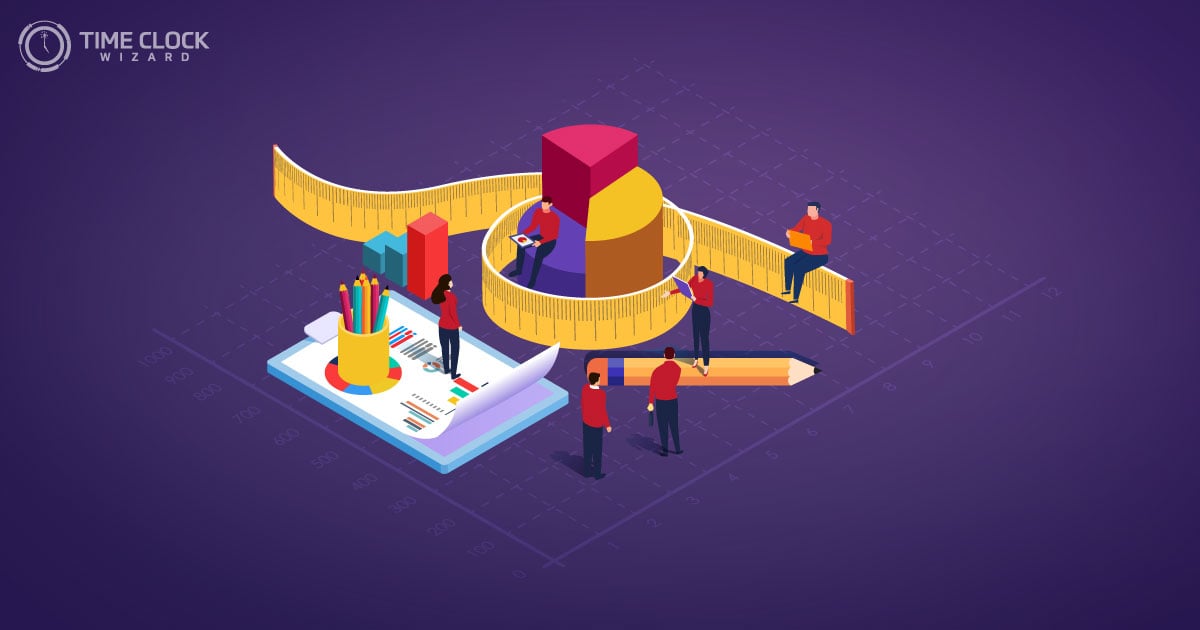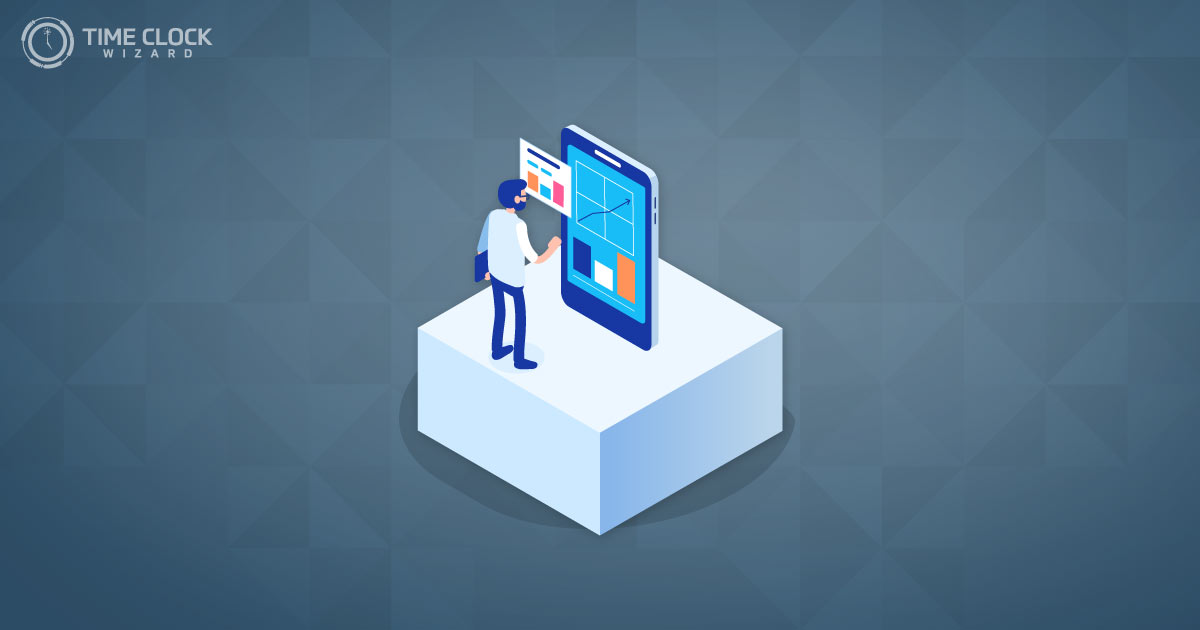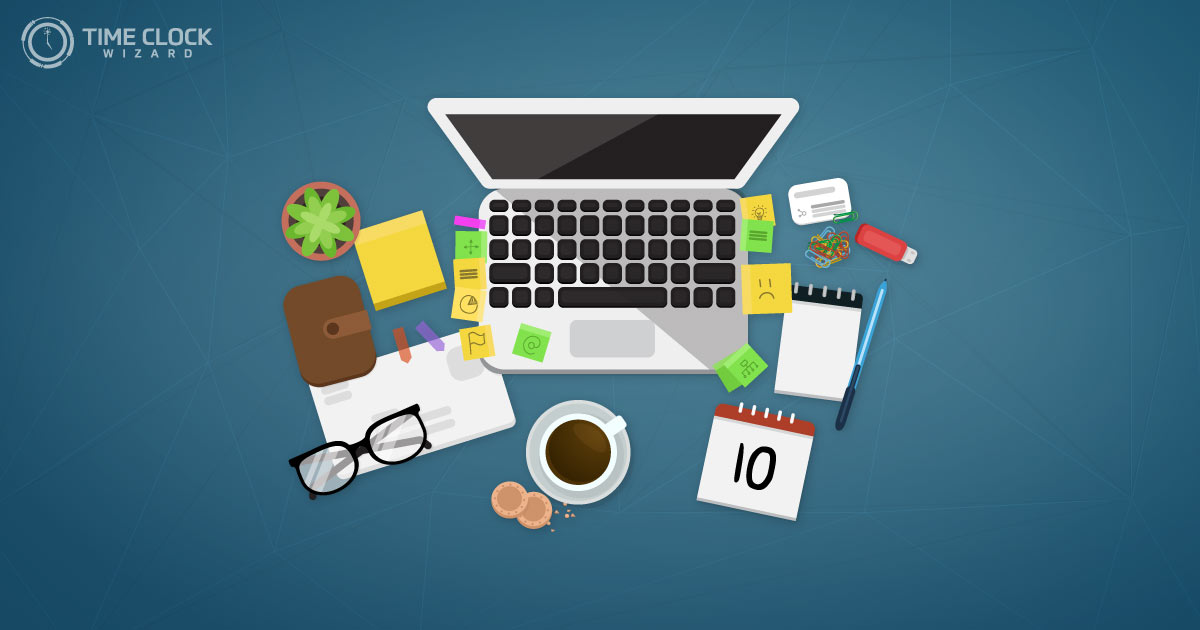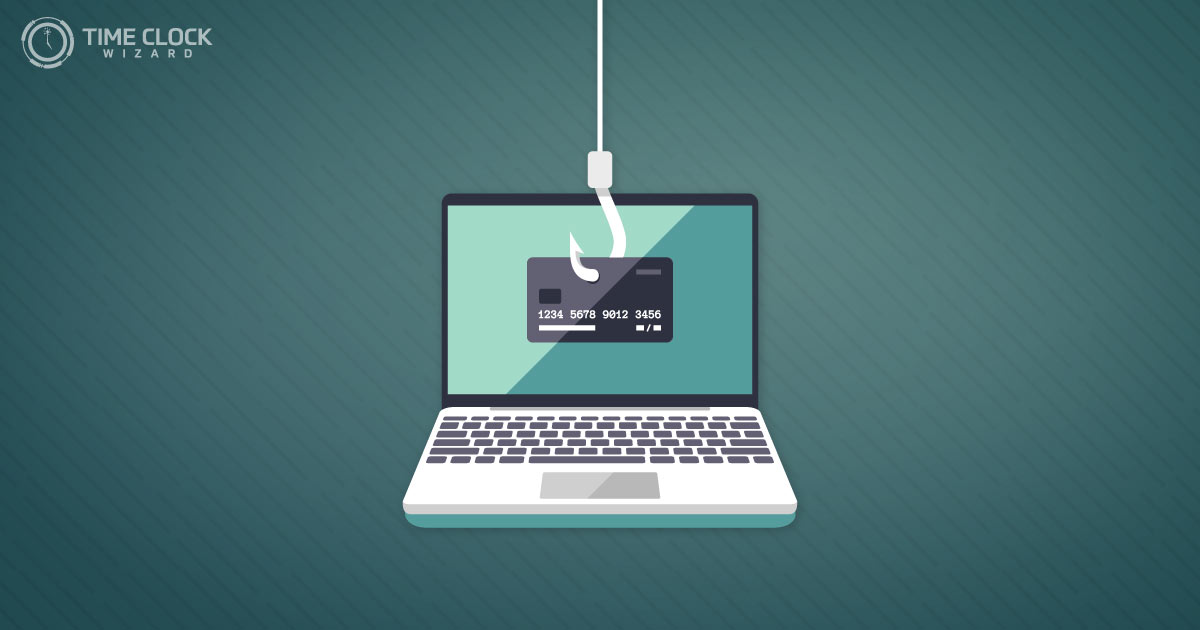
Exploring the fundamentals of retail management is crucial for anyone looking to thrive in the fast-paced world of retail. The core techniques and strategies of effective retail management can significantly impact your sales and customer satisfaction. But what exactly is retail management, and why is it so vital for business growth? Let’s break it down and understand how mastering the basics can lead to remarkable improvements in your business operations.
In today’s competitive market, knowing how to manage your retail business efficiently can make the difference between success and failure. From inventory management to customer relations, every aspect of retail management works together to create a seamless shopping experience. Are you ready to dive into the essentials and see how they can help escalate your business to the top? 🚀
Understanding the Core Principles of Retail Management
Mastering the core principles of Retail Management is crucial for anyone aspiring to succeed in the fast-paced retail industry. This fundamental insight ensures smooth store operations, exceptional customer service, and, ultimately, increased profitability. But what exactly are these core principles? Let’s dive in and explore the foundational components that make up effective retail management.
1. Customer-Centric Focus
At the heart of retail management is a relentless focus on customer satisfaction. Have you ever walked into a store and immediately felt valued? That’s retail management in action! Tailoring services and products to meet customer needs not only boosts sales but also fosteenrs a loyal customer base. Are you ensuring that your customer service practices are top-notch?
2. Strategic Inventory Management
Another pillar of strong Retail Management is the ability to manage inventory effectively. Overstocking can be as detrimental as understocking. Hence, mastering inventory techniques is essential to prevent revenue loss and ensure product availability. Incorporating robust inventory management systems helps in maintaining the perfect balance.
3. Effective Team Leadership
Moreover, successful retail managers excel in team leadership. How well a team operates can make or break a retail environment. From hiring skilled personnel to providing training and feedback, strong leadership ensures that the team is motivated and knowledgeable, directly impacting customer interactions and operational efficiency.
4. Adaptability and Innovation
Lastly, adaptability and embracing innovation are key in thriving within the retail sector. With market trends continually evolving, being flexible and innovative can help keep your business ahead. Leveraging new technologies and business practices in Retail Management not only streamlines operations but also enhances the overall customer experience.

Key Responsibilities of a Successful Retail Manager
A successful retail manager wears multiple hats, ensuring that all aspects of the store run smoothly and efficiently. But what are the core duties that make a retail manager effective? Let’s break them down.
1. Leadership and Team Management
Primarily, retail management involves leading a team. This includes hiring, training, and motivating staff to achieve daily sales targets and deliver exceptional customer service. How well do you understand your team’s strengths and challenges?
2. Sales and Performance Optimization
A retail manager is responsible for not just meeting but exceeding sales goals. This responsibility involves analyzing sales data, adjusting sales strategies as needed, and promoting products effectively. Are you ready to push your limits and drive sales to new heights?
3. Customer Relations
Handling customer inquiries, resolving complaints, and ensuring a high level of customer satisfaction are all in a day’s work. Maintaining positive customer relationships is crucial for encouraging repeat business and enhancing the store’s reputation.
4. Inventory and Supply Chain Management
Effective inventory management is key to smooth operations. This includes ordering products, managing stock levels, and coordinating with suppliers to ensure the store remains well-stocked without surplus.
Each of these responsibilities requires a robust skill set and an unwavering dedication to the retail business. 🛒✨ Are you equipped with the right tools and knowledge to tackle these challenges head-on?
Essential Skills Every Retail Manager Should Master
In the dynamic world of retail management, mastering a set of core skills can significantly amplify your effectiveness as a manager. What skills are crucial for success in this fast-paced industry?
Communication and Leadership
Effective communication is the backbone of successful retail management. This not only involves clearly articulating ideas and expectations but also actively listening to staff and customers. Strong leadership skills enable managers to inspire and motivate their team, driving the store towards achieving its targets.
Customer Service Excellence
A retail manager must have exceptional customer service skills. Are you able to resolve conflicts and handle customer complaints gracefully? Ensuring customer satisfaction should always be at the forefront, as happy customers are more likely to return and recommend your store to others.
Strategic Planning and Organization
The ability to plan strategically and organize efficiently is paramount. This includes staffing, inventory control, and setting up promotional displays, all while overseeing daily operations smoothly and effectively. A keen eye for detail and good problem-solving skills can help you anticipate issues before they arise and handle them swiftly.

Implementing Effective Inventory Management Techniques
Proper inventory management is a cornerstone of successful Retail Management. But how do you turn this complex task into an effective and streamlined process? It’s all about the right techniques and technologies! From automated stock monitoring to just-in-time ordering, the methods you choose can drastically reduce waste and ensure product availability.
Key Techniques to Enhance Inventory Control
- Implement an inventory management software to accurately track stock levels in real time.
- Use data analytics to forecast demand and adjust inventory levels accordingly.
- Adopt barcode scanning for speedy check-in and check-out of items.
Each technique not only supports inventory accuracy but also boosts operational efficiency. Have you ever experienced the chaos of overstocking or the frustration of stockouts? Then you know the importance of getting inventory management right!
By integrating these methods, retail managers can not only keep a tight grip on inventory but also improve the overall customer experience. Why? Because when items are in stock and easy to locate, customer satisfaction inevitably rises. Let’s strive to make your inventory management a model of efficiency – your business’s growth depends on it!
Strategies for Enhancing Customer Experience in Retail
Enhancing the customer experience is a pivotal process in Retail Management. Considering how highly competitive the retail sector is, it’s crucial to distinguish your store from the rest. So, what are some effective strategies to achieve this? First, let’s focus on the physical layout of your store. How welcoming is your space? Does it invite customers to explore and linger? These aspects can significantly influence buying decisions.
Besides the aesthetic appeal, customer interaction plays a huge role. Have you ever walked into a store and been immediately turned off by an employee’s disinterest? It’s a deal-breaker for many. Training your staff to be friendly, knowledgeable, and helpful can’t be overlooked. But here’s another thought—have you considered personalization? Imagine a frequent shopper entering your store and being greeted by name, or better yet, receiving personalized recommendations based on previous purchases!
- Utilize feedback effectively to optimize the retail space and services
- Employ technology for a seamless shopping experience, such as mobile checkouts
- Create loyalty programs that offer real value to encourage repeat business
It’s not just about making sales, but about creating a memorable experience that customers wish to return to repetitively. And let’s not forget the power of feedback. Encourage your customers to share their experiences and really listen to what they say. Making continuous adjustments based on feedback can lead to drastic improvements in customer satisfaction. So, are you ready to enhance your customer experience and set your retail business apart?
Common Questions
What are the three types of retail management?
The three types of retail management are store retailing, non-store retailing, and omnichannel retailing. Store retailing involves managing physical store locations where customers can browse and purchase goods in-person. Non-store retailing includes online shopping, direct selling, and vending machines, which do not involve physical store locations but instead focus on direct methods of reaching the customer. Omnichannel retailing is a comprehensive approach that integrates both physical and digital channels to provide a seamless shopping experience, allowing consumers to shop across multiple platforms and devices.
What is retail management briefly describe?
Retail management is the practice of managing the selling process of goods and services directly to consumers, typically through various channels aiming to maximize customer satisfaction, sales, and profitability. It encompasses a broad range of activities including selection and procurement of products, inventory management, sales and promotions, customer service, and managing staff. Effective retail management also involves strategic layout planning of the store, pricing policies, and maintaining a positive shopping environment to enhance the overall customer experience.
What are the 4 processes of retail management?
The four key processes of retail management include merchandising, store operations, customer service, and promotions. Merchandising involves the selection, buying, and display of products to attract customers and increase sales. Store operations focus on the day-to-day running of the retail store including stock management, staff management, and ensuring all aspects of the store function smoothly. Customer service encompasses the strategies and activities used to enhance customer satisfaction and handle customer queries and complaints. Lastly, promotions refer to marketing and advertising efforts aimed at driving sales and informing customers about new products and special offers.
Is retail management a good career option?
Retail management can be a good career option for those interested in the dynamics of business and customer service. It offers opportunities to work in a fast-paced environment, engage directly with consumers, and influence various aspects of a business from sales to product management. Careers in retail management can range from store managers and buyers to merchandisers and marketing coordinators. The industry often offers flexibility in terms of hours and locations, as well as the potential for career growth and development. However, it may also involve working on weekends and holidays, and can sometimes be demanding during peak sales periods.
Utilizing Technology to Streamline Retail Operations
In the bustling world of retail management, technology isn’t just an optional tool; it’s a crucial asset for maintaining efficiency across operations. By leveraging the latest technological advances, companies can optimize their workflows and simplify complex processes. But how exactly does technology play a role in streamlining operations? Let’s delve into some impactful ways technology can transform your business.
Automating Inventory Management
One of the key advantages of utilizing technology in retail management is the ability to automate inventory tracking and management. With systems such as RFID tagging and advanced inventory software, stores can maintain real-time, accurate inventory counts. This reduces the chances for error, minimizes shrinkage, and saves loads of time and effort that would otherwise be spent on manual counts. Isn’t it amazing how much hassle can be avoided with the right tools?
Ultimately, technology in retail management is not just about adopting new tools, but about transforming operational capabilities to be more efficient, error-proof, and customer-friendly. As retail continues to evolve, staying ahead with technology is not just an advantage, it’s a necessity.
Final Thoughts: Retail Management 101: Mastering the Basics
Phew, we’ve covered a lot today! From mastering the core principles to enhancing customer experience, the journey of effective retail management is both exhilarating and rewarding. Are you ready to take your retail operations to the next level with these powerful strategies?
Always remember, the key to successful retail management is continuous learning and adapting. The landscape of retail is ever-changing, so staying updated with the latest trends and technologies is crucial. Implement these techniques, engage with your customers, and watch your business grow! Let’s make retail magic happen! 🚀





